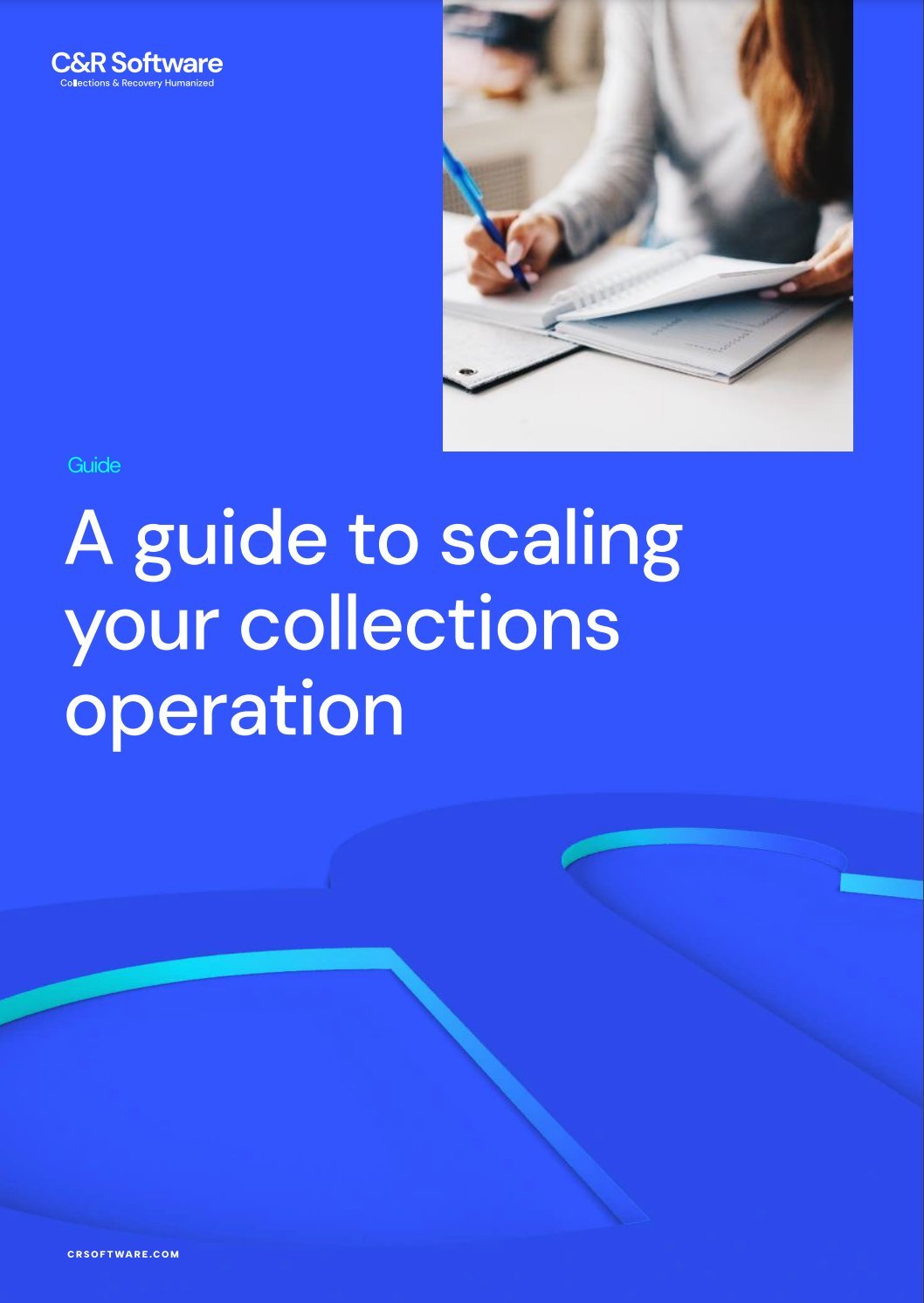As the modernization of the collections journey steadily grows, so does the vast amount of data firms have surrounding their customers. Understandably, many of these customers would prefer to have access to said data, or at least know what it’s being used for. This is the area that the CFPB’s section 1033 focuses on, potentially requiring you to give customers access to their financial information.
If these proposed regulations are accepted, this means you will need to integrate new systems and interfaces to provide customers with the ability to request and receive their financial information. But more importantly, this is a wakeup call to transition from legacy software where providing this service is unnecessarily difficult.
What is the Dodd-Frank Act and section 1033?
The Dodd-Frank Wall Street Reform and Consumer Protection Act, enacted in July 2010, represents a significant overhaul of financial regulation in the US. Aimed at reducing risks found in the financial system, it introduced a comprehensive set of reforms designed to improve financial stability and protect customers.
Section 1033 of the Dodd-Frank Act focuses on consumer rights regarding access to their financial data. It mandates that financial institutions must provide customers with access to their transaction data and other information concerning financial products or services. This provision aims to facilitate transparency between businesses and their customers so that they can make better informed decisions regarding their finances.
What are the recent regulations proposed by the CFPB for section 1033?
On October 19, 2023, the CFPB proposed a rule to implement Section 1033, marking a significant move toward it becoming a part of regulatory compliance. This proposed Personal Financial Data Rights rule emphasizes giving consumers control over their financial data, protecting them from data misuse, and facilitating easier transitions between competitors. It highlights the importance of data sharing for the benefit of the consumer, establishing norms for secure, reliable, and free access to personal financial data.
What this means for you
The proposed regulations have major implications for financial firms, especially in the collections industry. To be compliant with these regulations, you need to use technology that not only protects customer data, but also facilitates its sharing in accordance with Section 1033's requirements. But when it comes to the rigid and outdated systems of legacy software, it can be extremely difficult to meet these new demands. They often lack the necessary flexibility and security measures to comply with the data sharing and protection standards set forth by the CFPB.
Why you need a configurable platform ahead of section 1033
To navigate the complexities of compliance with Section 1033, you need a configurable collections platform. They provide the ability for you to create configurable portals for your customers to access relevant data in accordance with the CFPB’s guidelines.
- Data Security: Configurable platforms ensuring robust protection of consumer data through end-to-end encryption, automated data monitoring, and account validation. You can be confident your customers’ data is safe and secure.
- Configurability: You can customize interfaces and workflows to easily adapt to regulatory changes and customer data sharing requests. This effectively future-proofs your systems to allow quick and simple configurations inline with the CFPBs requirements.
- Automation: Streamlining the process of data sharing and compliance through automated systems. This reduces manual intervention from your team, leaving more time to focus on customers and enhancing overall operational efficiency.
C&R Software and Debt Manager: A Solution for Data Compliance
As the CFPB advances with its implementation of Section 1033 regulations, financial firms, particularly those in the collections industry, must prioritize adopting technology solutions that can accommodate customer requests for data. This is why you need a configurable solution to make compliance easier.
At C&R Software, our Debt Manager platform makes compliance simple with real-time data processing, sophisticated user interfaces, and advanced automation capabilities. As a result, you can comply with the CFPBs requirements while enhancing collections performance.
To find out more about Debt Manager and how it can make compliance easier for you and your operations, contact a member of our team today.
.jpg)
.jpg)



-Jan-20-2026-02-48-49-6447-PM.png?width=352&name=operationalize%20AI%20(15)-Jan-20-2026-02-48-49-6447-PM.png)

-Jan-28-2026-02-16-48-0429-PM.png?width=352&name=operationalize%20AI%20(14)-Jan-28-2026-02-16-48-0429-PM.png)